Oral health is essential to overall health. To protect your oral health,practice good oral hygiene daily.
Dental health should be of concern to everyone, and of particular importance to those with epilepsy. Both seizures and anti-seizure medication can render devastating effects to the oral health of a person with epilepsy.
These negative effects include:
In addition to the daily oral health hygiene recommendations, people with epilepsy should take the following precautions regarding the dental care:
While the subject of dental health should concern everyone, it is of particular importance to those with epilepsy. Both seizures and anti seizure medications can render devastating effects to the oral health of a person with epilepsy.
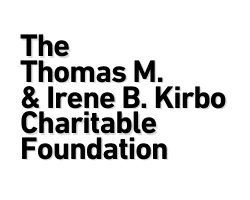

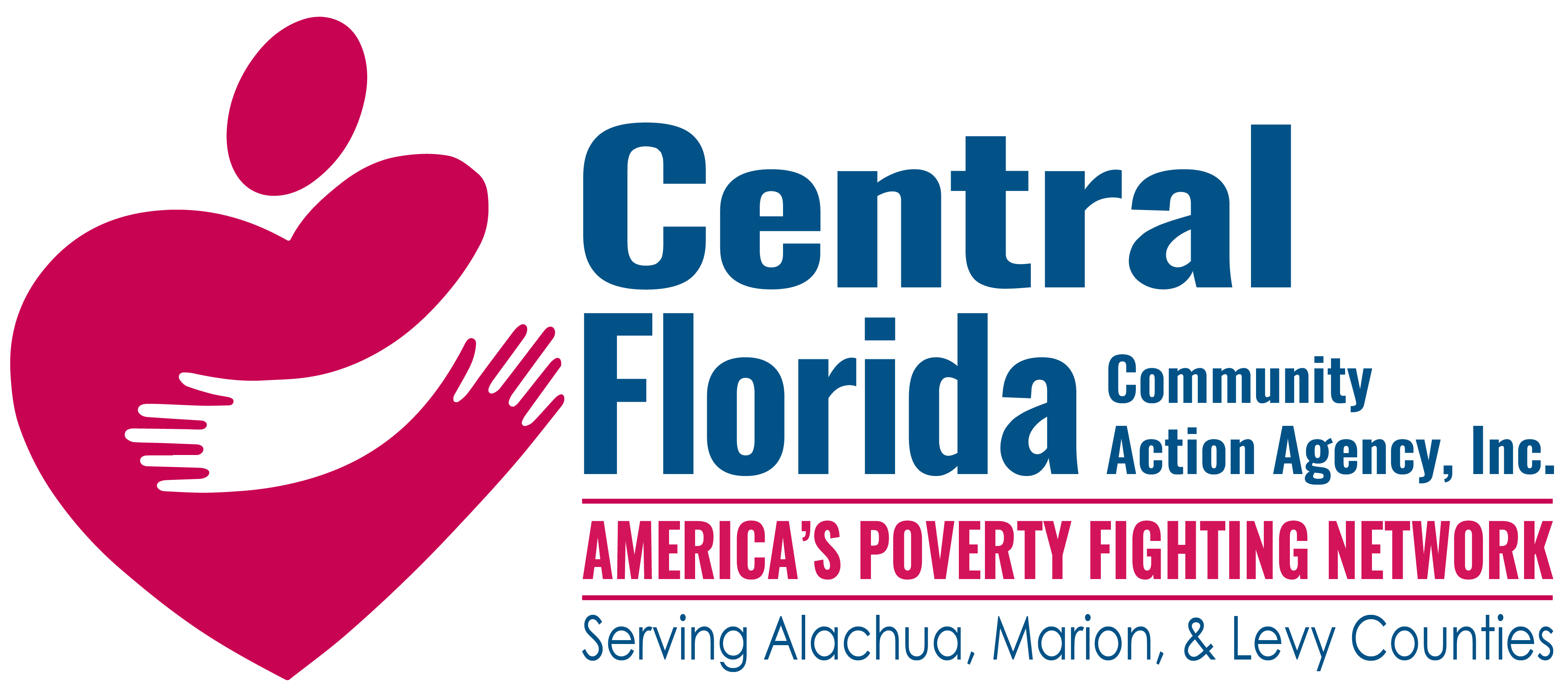

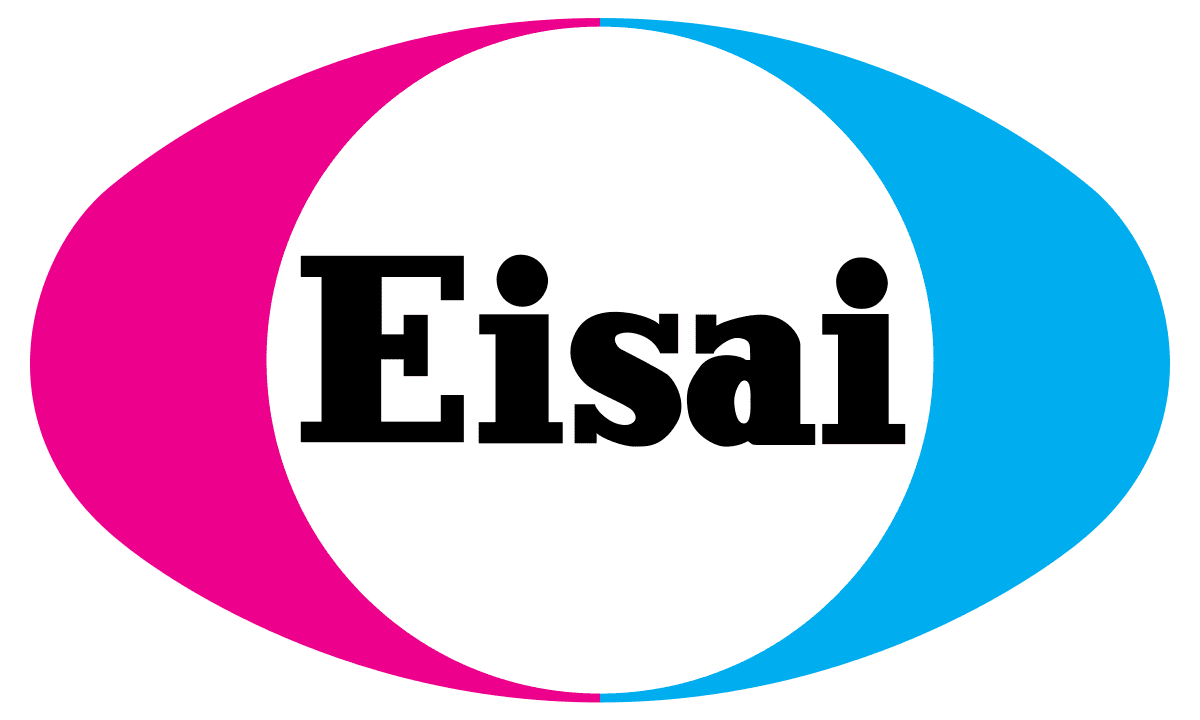


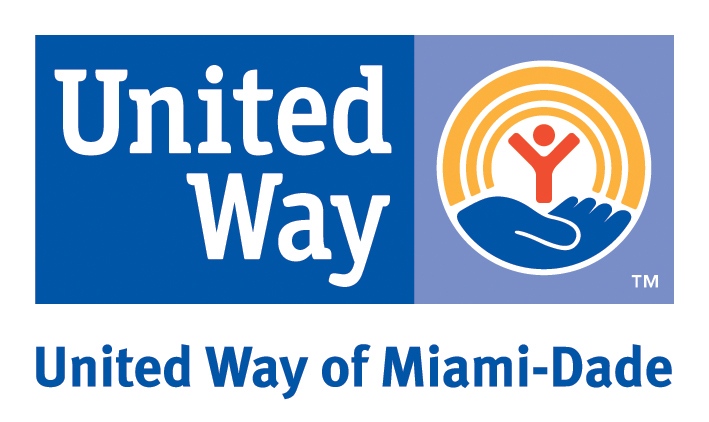





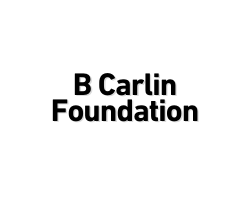





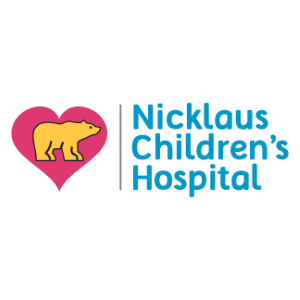



















© 2024 Epilepsy. All Rights Reserved